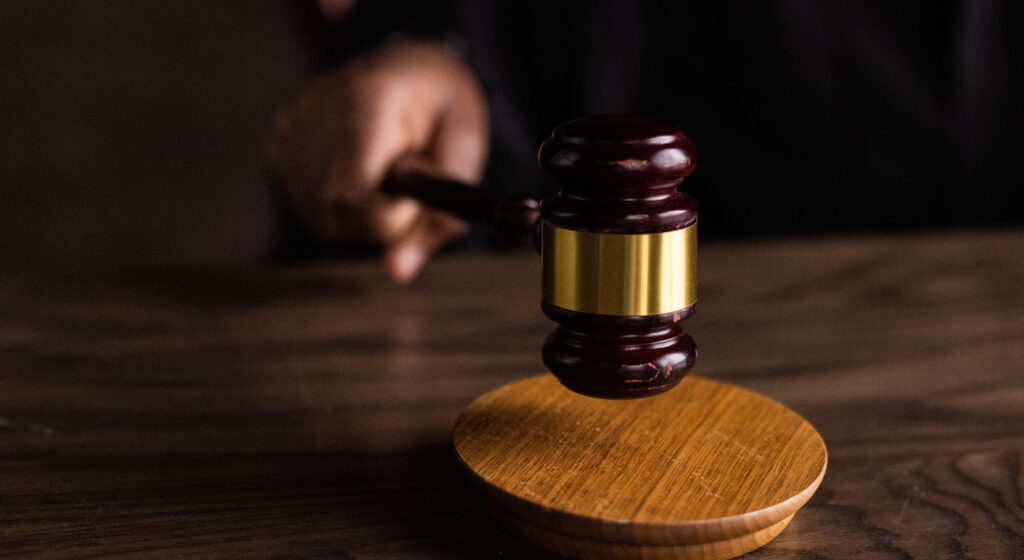Justice Jagot in the Federal Court of Australia was asked to revisit the origin of the policyholders and the insurance policies in question. The Second Test Case involved nine separate policyholders, each having been issued a commercial insurance policy containing a business interruption coverage section.
Most of the policyholders operated across sectors most affected financially by the presence of the COVID-19 pandemic in Australia. Those included gyms, cafes, restaurants, health, travel and hospitality industries. While all policyholders noted they had been affected by the pandemic, each industry type faced its own unique difficulties. Cafes, for instances, recorded losses where foot traffic was reduced. Travel agencies recorded losses where international travel bans had been imposed.
The Federal Court took note of the idiosyncrasies of each policyholder’s business and issued the timely reminder that no two policyholders will experience the same identical factual circumstances.
It also noted that the insurance policies in question – although similar – differed in some ways from one another.
The insuring provisions of each policy could, however, be categorised as one of four types:
- Prevention of Access Clause — these clauses would provide cover where the order or action of a competent authority prevented or restricted access to insured premises because of damage or a threat of damage to property or persons (often within a specified radius of the insured premises);
- Disease Clause — these clauses would cover loss that arises from the presence or outbreak of infectious disease at the insured premises or within a specified radius of the insured premises;
- Hybrid Clause — these were a hybrid of the first two, providing cover for loss where the orders/actions of a competent authority have closed or restricted access to premises, and the orders/actions are made or taken as a result of the presence or outbreak of infectious disease within a specified radius of the insured premises;
- Catastrophe Clause — these clauses would provide cover to a policyholder where they suffer loss resulting from the action of a civil authority during a catastrophe for the purpose of retarding the catastrophe.
The Court found that only the Disease Clause was capable of providing cover in the circumstances. None of the Hybrid, Prevention of Access, or Catastrophe Clauses would trigger in respect of COVID-19 for several reasons.
The primary reason, however, was that none of the orders of the Commonwealth or State Governments were made as a result of the particular presence or outbreak of COVID-19 at the relevant policyholder’s premises. The same was said for other peak ‘authorities’ such as the Dental Council of NSW (though some bodies were not authorities, such as the Australian Dental Association).
The Court identified – in the case of one particular policyholder Meridian Travel – that there could be cover for policies where there is an identified case of COVID-19 at the premises and that case of COVID-19 causes loss. However, in those circumstances it would also be up to the particular policyholder to show that the cause of their loss was the sheer presence of COVID-19 and not some other cause such as an international travel ban.
In short, the Second Test Case identified that in many cases, policyholders would not be entitled to coverage under the Hybrid, Prevention of Access, or Catastrophe Clauses save for in very specific circumstances. Where they can identify specific circumstances (such as the actual presence of COVID-19 or an order directly made to that particular policyholder to shut their business premises) they will then have several further matters to establish, including: their loss resulted from that particular matter, there is no exclusion that would preclude cover, and their loss has not been otherwise compensated – eg. by way of JobKeeper or JobSeeker payments.

